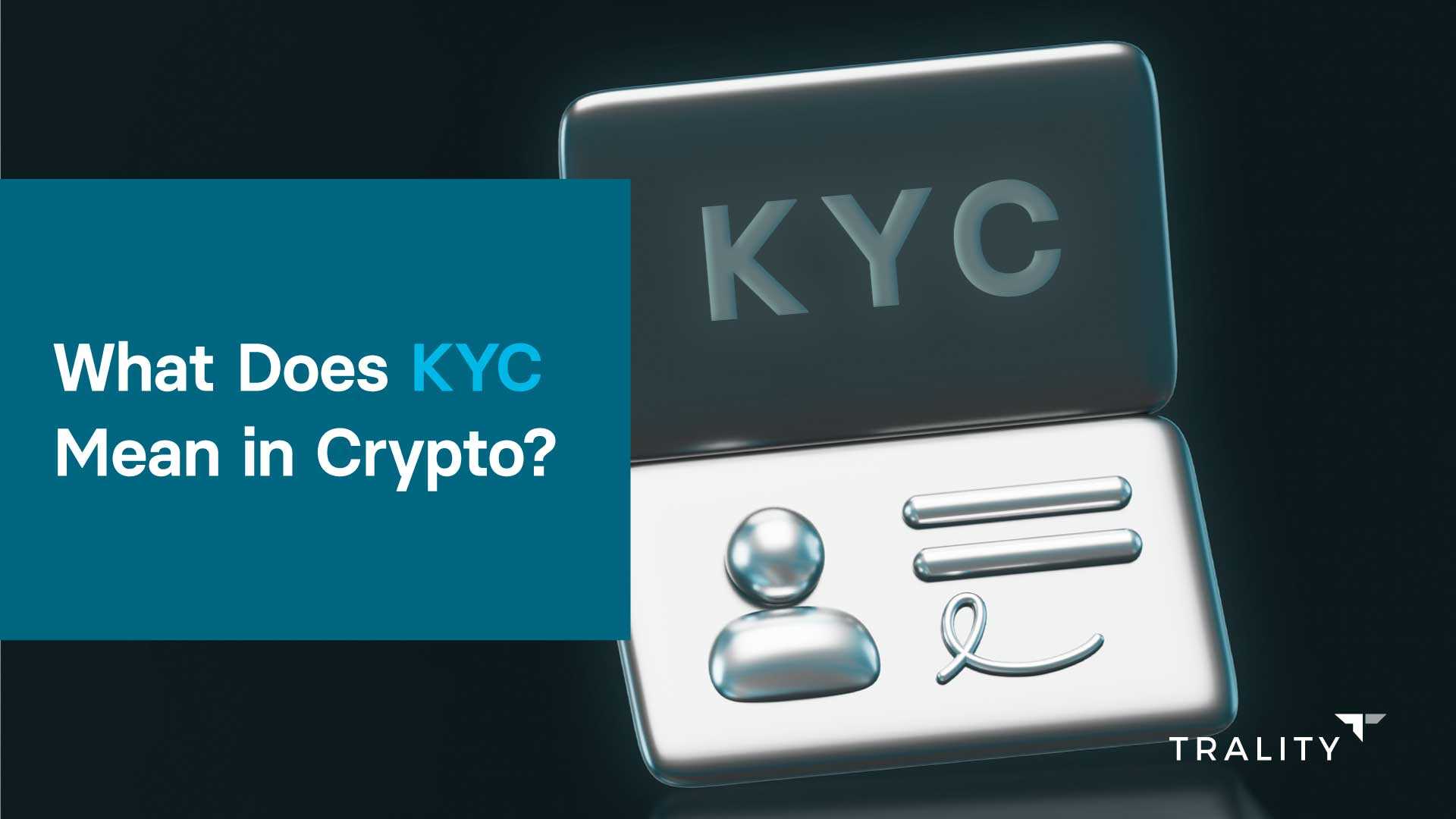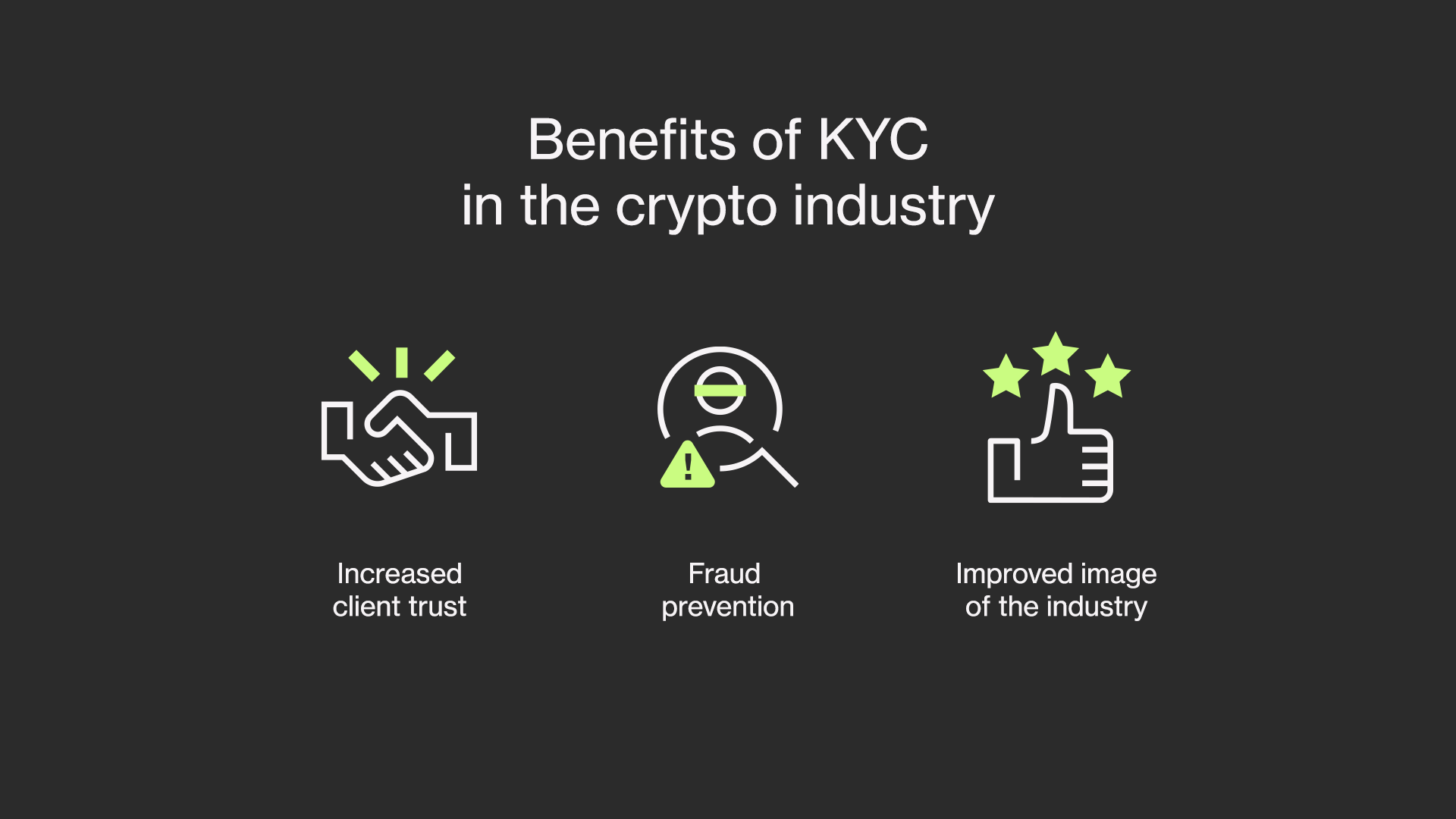In the ever-evolving world of cryptocurrency, navigating compliance can feel like a daunting task. One of the hottest topics in this arena is crypto kyc or Know Your Customer regulations. So, why does it matter to you? Well, let’s dive into the nitty-gritty of crypto kyc and uncover its importance in safeguarding your investments in 2024.

crypto kyc
What is Crypto KYC?
Crypto KYC refers to the process of verifying the identities of users in crypto transactions. It requires businesses to collect information from their customers in accordance with local regulations aimed at preventing fraud, money laundering, and terrorist financing. This process typically involves collecting documents such as identification and proof of address. While it may sound tedious, the essence of crypto kyc is to ensure a safe trading environment.

crypto kyc
The Importance of Crypto KYC
The significance of crypto kyc cannot be overstated. It builds trust between users and platforms like exchanges and wallets. By verifying identities, financial institutions can mitigate risks and enhance security. For instance, if a platform implements robust KYC measures, it can actively deter malicious activities and offer protection to legitimate users.

crypto kyc
The Evolution of KYC in Cryptocurrencies
The KYC process has evolved significantly since cryptocurrencies gained popularity. Initially, many platforms operated under minimal scrutiny, which led to various fraudulent activities. However, as regulations intensified, companies adopted stricter crypto kyc policies. According to a report by Chainalysis, 55% of all cryptocurrency exchanges now comply with some form of KYC standards.

crypto kyc
Real-World Example: Binance’s Compliance Strategy
Take Binance, the largest cryptocurrency exchange globally, as an illustrative case. Initially resistant to KYC, the platform faced regulatory backlash in several countries. In response, Binance implemented strong crypto KYC processes, including identity verification and enhanced due diligence. This shift increased trust among users and positioned Binance as a responsible player in the crypto market, thus enhancing their market share by 15% in the following year.

crypto kyc
Common Misunderstandings About Crypto KYC
1. Crypto KYC is Only for Exchanges
One prevalent misconception is that KYC only applies to exchanges. However, any business within the crypto ecosystem—whether a wallet provider, trading platform, or even a decentralized finance (DeFi) service—can be influenced by KYC mandates. Thus, understanding crypto kyc is crucial no matter where you choose to engage with cryptocurrencies.
2. KYC Compromises Privacy
Another concern is the potential invasion of privacy. While KYC does require personal information, it’s essential to recognize that this data is typically safeguarded by stringent measures. Moreover, regulatory compliance often protects users from fraud and enhances the overall legitimacy of the cryptocurrency market.
Compliance and User Security
Investors often fret about their privacy and security. A significant reason to accept a KYC process is the increase in security it provides. By engaging with platforms that adhere to crypto kyc, you can reduce the risk of identity theft or unauthorized transactions. This includes careful handling of personal data and sophisticated encryption methods to safeguard sensitive information.
How Does Crypto KYC Work in Practice?
The Step-by-Step Process
Let’s break down how crypto KYC typically works across platforms:
- Registration: Create an account on a cryptocurrency platform.
- Information Submission: Provide necessary personal details—full name, address, date of birth, etc.
- Document Verification: Upload identification documents (like a passport or driver’s license) and proof of address (such as utility bills).
- Review Period: The platform reviews your information and documents, which can take a few minutes to a few days depending on their policies.
- Account Activation: Once verified, you can begin trading, making withdrawals, or using platform features.
Challenges Faced During KYC
Despite its advantages, the KYC process can encounter several challenges. For instance, some users may face delays due to a high volume of requests or missing documentation. Moreover, businesses often grapple with balancing user experience with compliance needs, which can affect customer satisfaction.
Why Embracing KYC is a Wise Choice for 2024
The landscape of cryptocurrency is shifting, and embracing crypto kyc should be a strategic choice for enthusiasts. Rising regulations worldwide mean that platforms prioritizing KYC compliance will likely gain a competitive edge. In contrast, those that resist will face setbacks in user trust and participation.
Predictions for Future Trends
As we look towards 2024, we can expect more cryptocurrencies to integrate KYC measures. Regulatory bodies will tighten their grips, pushing innovators to come up with decentralized KYC solutions that preserve anonymity while ensuring security. For instance, projects like Civic are innovating by using blockchain technology to create secure, portable identities, which could revolutionize how we view KYC.
FAQs About Crypto KYC
1. Is it compulsory for all crypto transactions?
Not all transactions require KYC, especially in smaller, decentralized platforms. However, for exchanges and regulated services, KYC is often mandatory.
2. What if I don’t want to provide my information?
You’re free to choose platforms that do not require KYC, but this often comes with higher risks such as lack of user protection and higher fees.
3. Can my information be stolen during KYC?
Reputable platforms utilize advanced security measures to protect your information. However, it’s wise to choose an established platform with a solid track record.
Conclusion: KYC is Here to Stay
As the crypto landscape evolves, crypto kyc will become an integral part of your trading experience. By understanding its procedures, benefits, and implications, you’re taking the necessary steps to secure your investments. So the next time you engage in cryptocurrency, remember—compliance isn’t just a recommendation; it’s a robust strategy that pays off in the long run.


